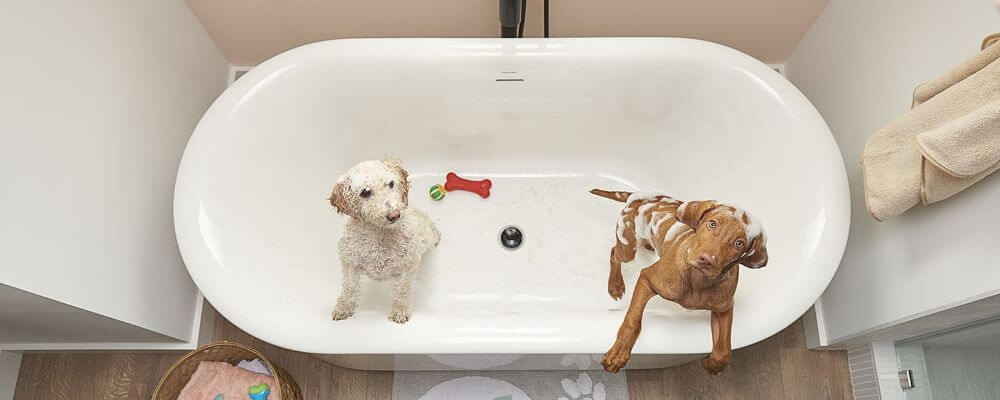Lately, millennials have become a major focus for many industries. Home improvement and bathroom fixtures are no exception. Bathtub companies aiming to attract millennial buyers need to get what makes them tick.
This piece dives into smart strategies that can help bathtub brands win over this crowd. Key areas include design trends, eco-friendly options, tech features in tubs, and savvy marketing approaches.
Prioritize Modern and Minimalist Designs
Millennials love modern, minimalist looks. They go for clean lines and sleek finishes in their homes. Functional yet stylish designs are a big hit with them.
Bathtub companies should take note of this trend. Creating bathtubs that fit these design principles is key to attracting millennial buyers. Offering various shapes and sizes helps, too, especially for those living in small urban apartments.
Customizable options are a must-have! Millennials crave personalized touches in home fixtures like unique colors or finishes. High-quality images can make a difference as well—showcasing tubs within beautifully designed bathrooms through virtual tours lets millennials picture the product right at home.
Emphasize Sustainability and Eco-Friendly Features
Sustainability is a big deal for many millennials. They love eco-friendly products and practices. Bathtub companies can tap into this by focusing on how green their products are. Using recycled or low-impact materials is a great idea! Making sure the manufacturing process saves energy and cuts down waste is even better!
Water-saving features like efficient water flow systems and built-in timers will catch the eye of those who care about the environment. Getting certifications from trusted environmental groups adds credibility too.
Clear communication about these credentials builds trust with millennial buyers. Marketing campaigns should highlight a company’s dedication to sustainability, including any partnerships with environmental causes or initiatives—this really drives home that commitment.
Integrate Smart Technology
Millennials love tech and the ease it brings to daily life. Bathtub companies can catch their eye by adding smart features to products. Smart temperature control, built-in speakers, or LED lights that change through a smartphone app.
Self-cleaning bathtubs, yes! Water-saving monitors, absolutely! These high-tech perks match millennials’ taste for gadgets that make things easier and more efficient.
Sharing detailed info on how these technologies work is key. Highlight benefits clearly so buyers see the value in choosing a tech-savvy bathtub. Videos or hands-on demos in stores can boost understanding and spark interest even more.
Craft Engaging and Authentic Marketing Campaigns
Getting the attention of millennial buyers needs smart marketing. Bathtub companies should create campaigns that are both engaging and genuine to connect with this group. Social media is key here, showing real customer stories and reviews since millennials trust peer opinions a lot.
Partnering with influencers or home improvement bloggers who share similar values can boost reach and credibility too. Telling stories about the company’s mission, core beliefs, and product craftsmanship helps build an emotional bond with these consumers.
Interactive content also plays a big role in keeping interest in high virtual reality tours to see how bathtubs fit into different bathrooms or online design tools for customization ideas. Highlight practical features like easy-to-install bathtub stoppers in ads, which add extra appeal by showcasing convenience.
Conclusion
To wrap it up, bathtub companies aiming to attract millennial buyers should zero in on sleek designs, eco-friendly materials, smart tech features, and captivating marketing.
By tapping into what millennials care about most—style, sustainability, innovation—they can craft products and campaigns that really hit home with this key group. This approach not only boosts sales but also builds strong brand loyalty among these influential consumers.
